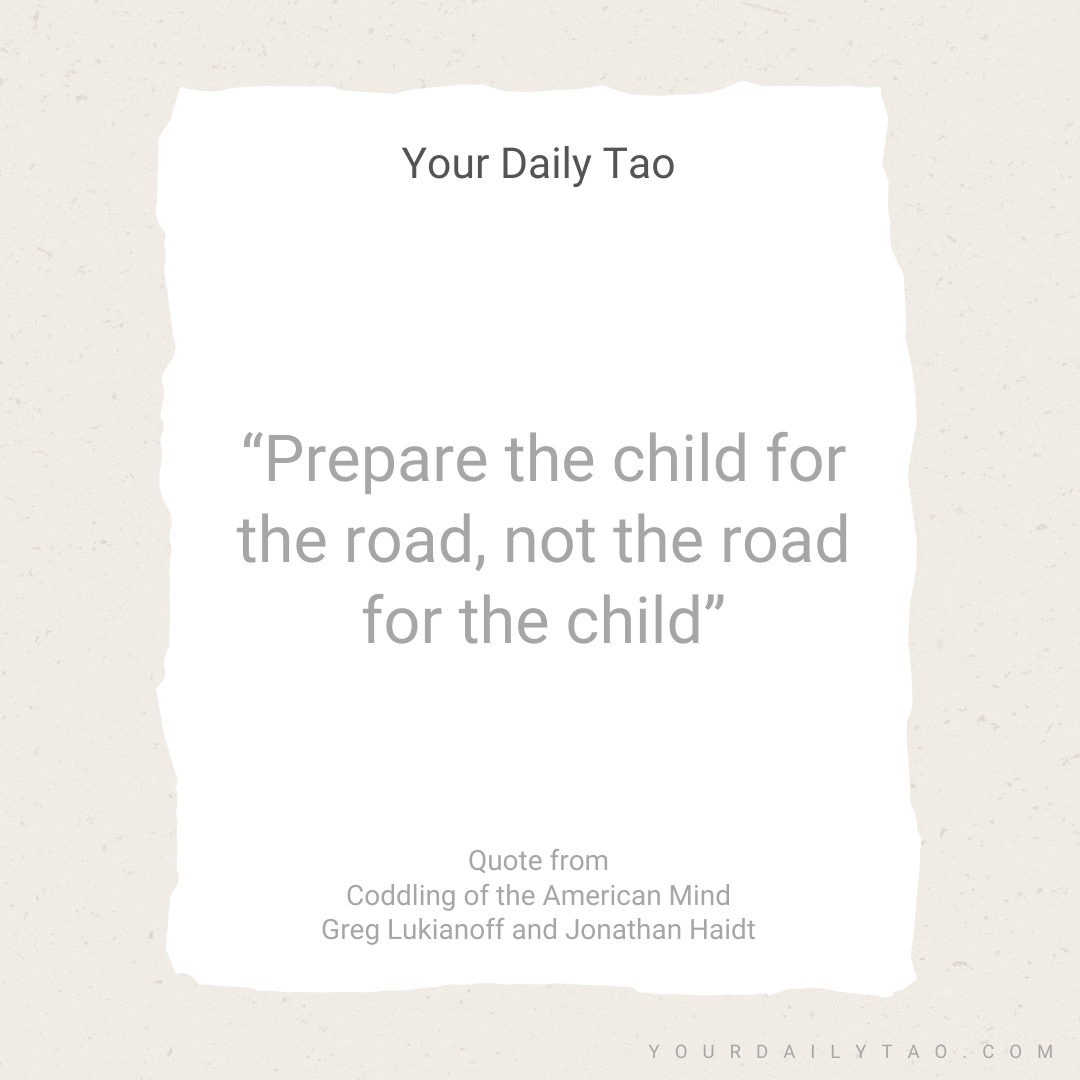Jonathan Haidt’s previous book, the righteous mind was one of my all-time favourites. Hence, you can only imagine my excitement when I found out about his new book via a podcast. Here’s what it’s about.
Where’s my safe space?
Haidt asserts that the current generation of kids and those becoming young adults now have grown in overly protected and controlled environments. This tends to lead to difficulties for them as they adjust to living in society as adults. This generation of young adults view the world in more binary terms of “good” and “evil, are more stressed out and easily offended when dealing with differing ideas and viewpoints and suffer from more mental health issues. They also tend to develop more of an “us vs them” mentality, hence causing increased tribalism across political groups (left vs right).
As a young adult, I’m now offended. What the hell are you talking about?
To answer this question, let’s look at …. Peanuts.
In his book, Haidt talks about how nut allergies actually increased when parents were advised to protect their babies from peanuts by not eating any of them. In a study of 640 infants, the group of infants that were “protected” from peanuts had 17% of them develop an allergy to peanuts, as compared 3% for the group that was exposed.
You see, kids like others, in his words, “complex adaptive systems” are antifragile. Anti-fragile basically means a property of a system that actually gets stronger from stressors. A glass cup that breaks when it hits the ground is fragile, so just imagine the opposite of a glass cup.
In other words, “what doesn’t kill you makes you stronger”.
So while nut allergies are a physical manifestation of this idea, what Haidt contends is that the current and future generation of young adults grew up in an increasingly “helicopter parenting” environment. Basically, kids were coddled, given strict schedules, protected from failures (participation trophies and self esteem movements). There has also been an increasing trend where parents, afraid of the dangers walking in the streets, no longer let their kids take them to explore and learn as they interact with the world. While these might have given the kids a safe environment, it barely helps them face the “real world”.
Unsupervised time as key to development
Haidt speaks a lot about unsupervised time. As parents begin to obsessively plan for more classes, camps and learning groups for their kids, it might actually hinder the mental development of our children, especially in social situations.
Facing social rejection, making a fool out of yourself, getting embarrassed and failing at things that you have put work into are things you experience when you try to figure shit out on your own at school. And while it is true that some people might face lifetime issues due to things such as bullying, the majority of us do learn from our experiences and possibly develop “thicker skin” as we stumble our way through life.
However, it is the current generation of kids, of “Igen”, that grew up with Iphones and mobile devices that will have the least unsupervised time as compared to previous generations.
“The bottom line is that when members of iGen arrived on campus, beginning in the fall of 2013, they had accumulated less unsupervised time and fewer offline life experiences than had any previous generation.”
Facts don’t care about your feelings
This has not prepared the current group of young adults in dealing with disagreements, and they tend to see things in a more good vs evil context. One famous example of this can be seen in College Campuses. Bret Weinstein anyone? Our college’s have increasingly tended to the left in terms of political ideology, and while that might not be a problem, what is a problem is that there is an increasing intolerance of any alternative views.
This is exemplified in our political culture of today, which is becoming ever more polarised. Haidt believes that the only way we can deal with it is to have more open and civil dialogue, and have open and honest conversation without having an us vs them mentality.
“Prepare the child for the road, not the road for the child”
Sometimes, less is more. When parents are anxious for their kids to succeed and be safe in an increasingly competitive and polarised world, there is always the temptation to shield your child from all the “dangers” out there and prevent them from facing any setbacks.
However, it is only through setbacks that we can learn and grow from. And sometimes, the best thing to build up grit is to make our own setbacks and learn from them, right from when we were kids.



